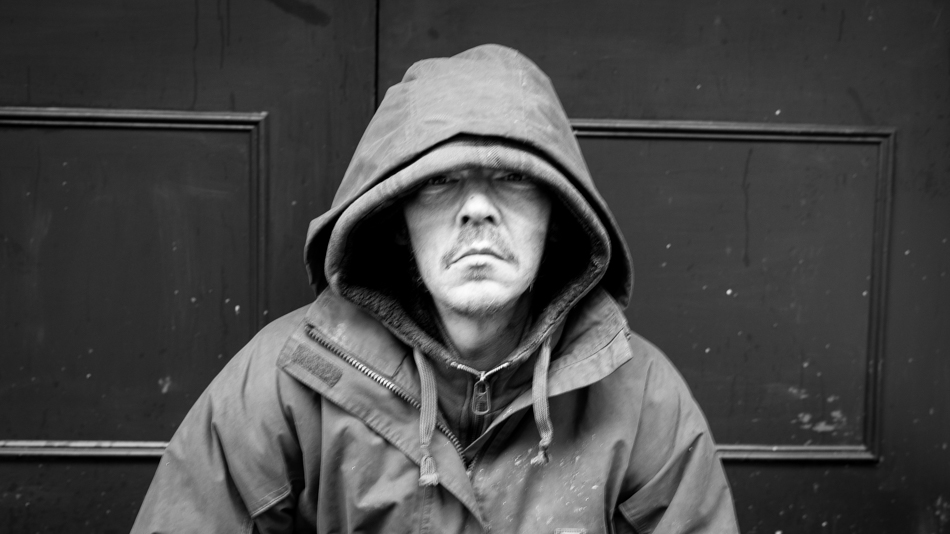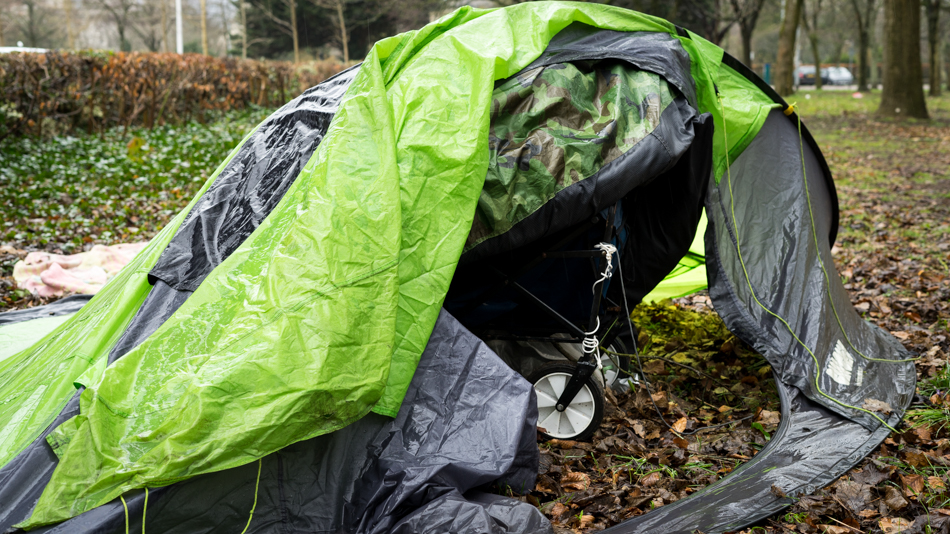Cardiff based charity interviewed 100 rough sleepers and 25 homelessness experts to uncover challenges facing people who are sleeping rough in Wales.

Shelter Cymru has warned that the solutions being provided to combat rough sleeping are failing those in desperate need. They released an extensive report asking why the numbers of people sleeping rough is increasing and what can be done to combat the rise.
The cause for the increase of homelessness across the United Kingdom has been linked to financial pressures, brought on by austerity measures and changes to the welfare system along with large numbers of people suffering from unmet support needs.
A common misconception discussed in the report is the notion that people choose to live on the street, none of the people interviewed said this was the case.
One man did say “If the universe has decided that a home, a family and a job is not the life for me, then who am I to argue with the universe?”

Once someone has begun sleeping rough on the streets there is a ‘glue’ effect wherein people become trapped by bureaucratic hurdles that hinder the process of getting assistance to them.
“There were really high expectations of what street homeless people are able to do. They’re expected to have up-to-date documentation and be able to present the local authority with ID” says researcher Rebecca Jackson.
The report found that a large proportion of interviewees could be categorized into certain groups.
Over 50% of the people surveyed were under the age of 35. The high percentage has been attributed to changes in housing benefits, forcing this demographic to take shared accommodation rates.
Shared accommodation proved to be untenable for those surveyed as many of them had anti-social behavioural issues, making living with others problematic.
The Welsh government has instituted a program to identify Adverse Childhood Experiences (ACEs) in adults. Four or more stressful experiences at childhood, like physical or sexual abuse, constitutes an ACE marker.
Rebecca Jackson says “To think that 4 [negative experiences] is the marker, and there weren’t many people [she interviewed] who said they had less than 8 or 10.”
The Shelter Cymru report also states that the increase in rough sleepers is due to the lack of effective prevention measures and reluctance from homeless people to use emergency accommodation due to fear of other residents, exposure to substances, and risk of sexual exploitation.
The most notable recommendations are greater organizational cooperation and training for those providing housing. Further, local authorities need to establish housing first schemes for homeless people with complex unmet needs, say researchers.
Shelter Cymru also would like to see the Welsh Government bring forward an Order under Section 72 of the Housing (Wales) Act to specify that people who are street homeless are a priority need group.
The Shelter Cymru full recommendation list and complete report can be found here.
